Having posted an 8.4 per cent increase in half-year sales with profits up by 5.9 per cent to £347 million, as compared with two years ago, there was much to be cheerful about at Next. It advised the City that full-year profits should reach £800 million, up from the previous guidance of £764 million. Brand full-price sales for H1 were up by 8.8 per cent on 2019 with brand total sales including markdown and Total Platform were up by 8.4 per cent.
The business said that during the pandemic demand for goods online was stronger than it could have hoped, particularly in home and childrenswear. This, it said, served to fill much of the gap left by retail store closures, a trend that appears to have strengthened in the lockdown at the start of this year.
In a statement, Next said: “It is almost certain that underlying conditions are not as good as they currently appear. The combined effect of pent-up demand for clothing, record savings ratios and far fewer overseas holidays have materially boosted sales in recent months. The impact of these factors must inevitably diminish as time goes on.
When stores opened in mid-April, the Retail bounce-back was far stronger than we anticipated. Sales in Retail stores have done better than planned, while Online sales have fallen back less than we expected. It appears that the wider economy has not suffered the long term damage many feared, for the moment at least. And, in particular, employment has held up well.
The positive sales trend has continued through August into the second half, despite significant stock shortages caused by COVID disruption to international supply chains. As a result (and not without some embarrassment) we are upgrading our guidance for the fourth time this year.
Things may not be as good as they appear today. The combined effect of pent-up demand for clothing, record savings ratios, and far fewer overseas holidays has materially boosted sales in recent months. The impact of these factors must inevitably diminish as time goes on. It also seems likely that increases in the cost of living, along with the potential effect of seasonal labour shortages on our delivery service, may moderate demand in the months ahead.
But we have the prospect of a return to long term growth.
Despite these caveats, stepping back from the noise of day-to-day trading, the longer-term outlook for NEXT appears to be more positive than it has been for many years.
There are two reasons for this optimism: firstly, the financial drag of our Retail business has diminished. Secondly, within the last two years the scale and breadth of our Online opportunities have materially increased. The combined effect of (1) the development of our own NEXT product ranges, (2) the accelerated increase in our customer base, (3) the growing success of LABEL and (4) the launch of our Total Platform business, hold out the prospect of a return to long term growth for the Group.
Online Opportunities
The development of the NEXT Brand continues at pace
Liberated from the physical constraints of the four walls of retail shops, our product teams have flourished; pushing the boundaries of our designs; with greater choice of fabrics, prints and fits across a wider range of sizes and over a broader span of prices. In addition, they have expanded into new product categories, extending the reach of the NEXT brand, from performance sportswear through to garden furniture.
In all of these efforts we are guided and constrained by one overarching principle – we must genuinely create value for our customers; whether through better design, improved quality or an unexpectedly good price – and preferably all three. Simply producing products that are widely available elsewhere with a NEXT label sewn in, is no recipe for success – we must be, at all times, better by design.
Growing ambitions for LABEL
Alongside the diversification of our own product offer, we have continued to broaden the offer of third-party Clothing, Home and Beauty goods sold on our website. This has been achieved partly through the addition of new brands, but mainly through the extension of ranges from existing partners. In this respect, the proliferation of our Platform Plus operating system, which allows us to draw on stock only available in our partner’s warehouse for distribution through our own fulfilment network, has been particularly important.
Our ambition remains simple: we want to be our branded partners’ most profitable third-party route to market. We recognise that LABEL can only be successful if it treats its Brands as valued clients rather than ‘suppliers’. To that end, in August, we lowered our commission rate on clothing for the third time in three years; passing on the benefits of the economies of scale we have achieved this year.
We have further enhanced our branded offer through the manufacture of products under licence from partner brands, such as Baker childrenswear by Ted Baker and Men’s formalwear by Joules. This business focuses on specialist product areas, such as childrenswear, upholstered furniture and lingerie. It allows us to combine our experience in product sourcing and product technology, with the design inspiration of partner brands, delivering products that neither business could produce alone.
Promoting LABEL through co-funded marketing.
Up until this year, we have struggled to profitably promote LABEL products through adverts placed on third-party media. The margin we make on sales generated by these adverts is insufficient to pay for their cost because, of course, much of the profit rightly goes to our partners.
This year we have successfully collaborated with selected partner brands to co-fund external digital campaigns. The results have been very encouraging, with both parties making strong returns on adverts neither would profit from if we funded them alone. We are looking to aggressively extend this program in the year ahead and hope it will further increase awareness of LABEL’s extensive offer.
Customer growth and increasing returns on digital marketing
In January of this year, our active Online customer base had increased to 8.4m, an increase of 40 per cent in two years. Of course, lockdown has played a big part in boosting customer numbers. However, we believe there is also another factor at play here. Over the last few years, we have progressively increased our investment in marketing professionals, data scientists, and marketing software. Alongside these investments, we have deepened our working relationships with key digital partners.
The result of these investments has been a sustained increase in the measurable returns delivered by digital marketing. This has enabled us to materially increase investment, without compromising our profit hurdles. In the current year, we expect to spend at least £100m marketing Online, and we intend to further increase this investment by at least another £15m next year.
Total Platform takes us beyond the confines of our own website, offering client brands the benefits of our technology, warehousing, logistics and other infrastructure, for the benefit of their own online operation. We now have six clients signed up to Total Platform: Childsplay Clothing, Laura Ashley, Victoria’s Secret, Aubin, Reiss and GAP. Four of these clients are successfully trading on the Platform with the others launching over the next twelve months.
The delivery of the Reiss Platform, in Spring 2022, will be our most ambitious and comprehensive to date. It will materially increase Total Platform’s capabilities, providing services such as delivery to wholesale customers, concession partners and overseas retail stores, along with a suite of tax and import functionality, including the provision of bonded UK warehousing.
In the process of developing this new business, we have come to believe that the potential to create value for clients is so great, that it is worth the Group investing in new clients as and when they sign up for the service. To that end, we have acquired equity stakes in Victoria’s Secret UK and Eire (51 per cent), Aubin (33 per cent), Reiss (25 per cent) and Gap UK and Eire (51 per cent)”.
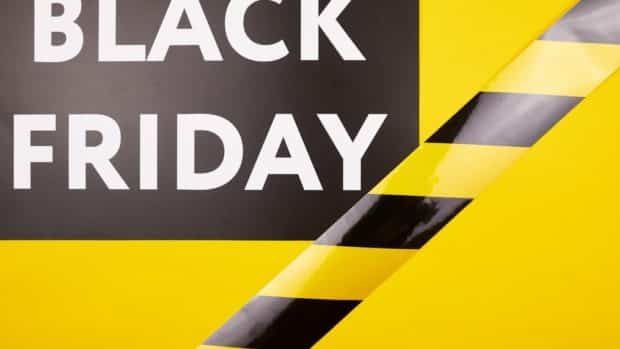



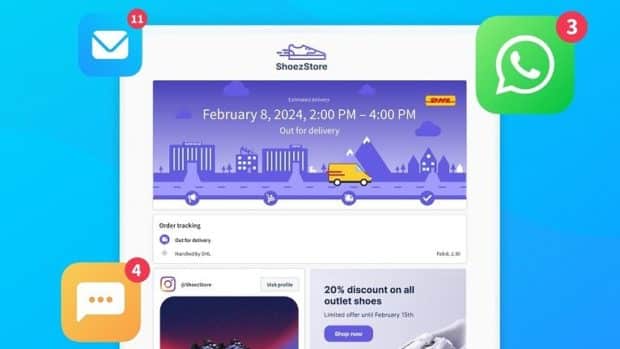
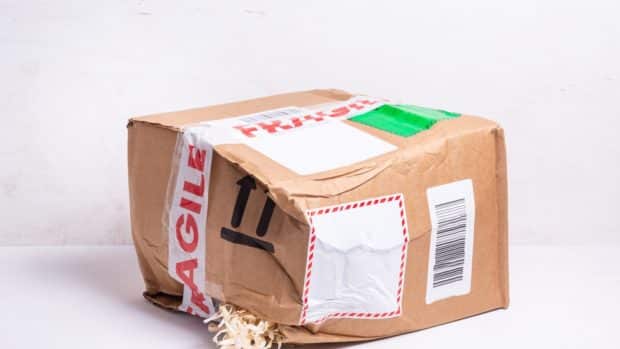
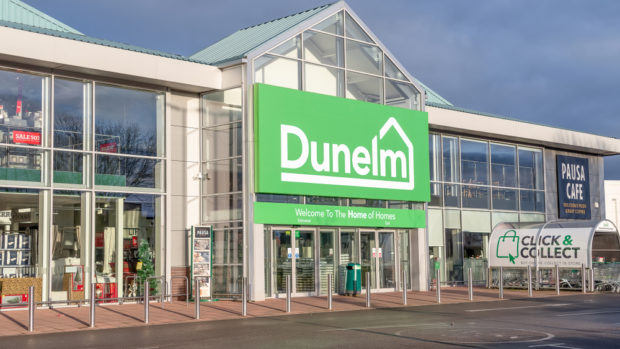
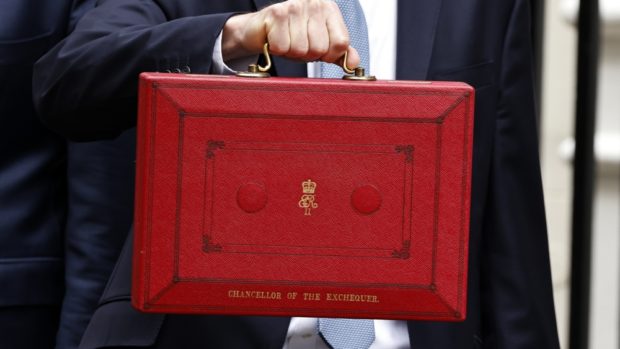
Share